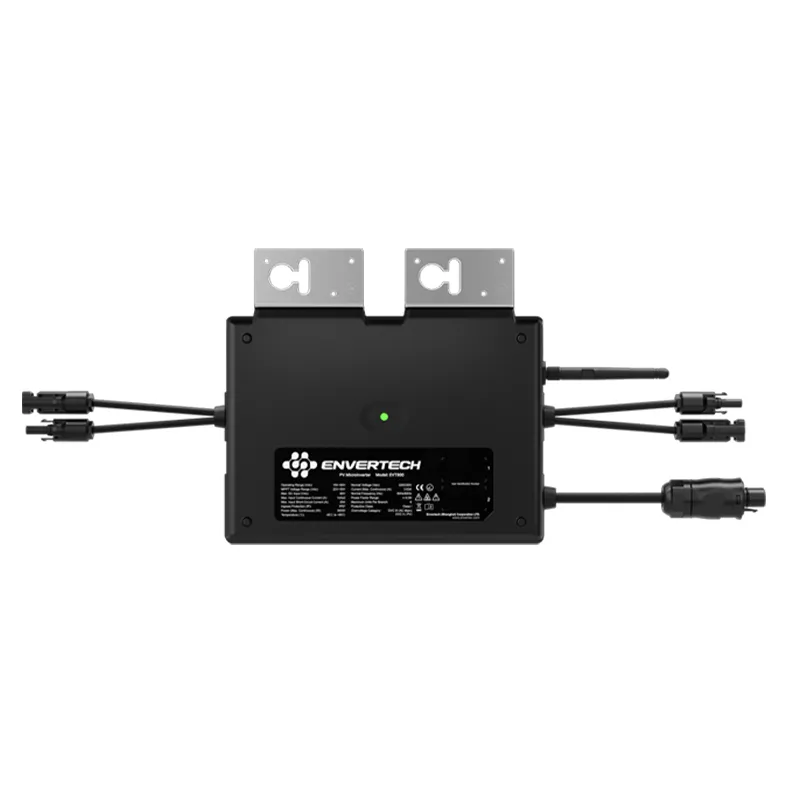Three Phase Hybrid Solar Inverter for Enhanced Energy Efficiency and Performance
Understanding Hybrid Solar Inverters for Three-Phase Systems
In recent years, the demand for renewable energy sources has surged, prompting many homeowners and businesses to consider solar power as a viable option. Among the various technologies available, hybrid solar inverters have emerged as a popular choice, particularly for three-phase systems. This article explores the functionality, benefits, and considerations of using hybrid solar inverters in a three-phase setup.
What Is a Hybrid Solar Inverter?
A hybrid solar inverter is a sophisticated device that combines the functionality of a traditional solar inverter with the ability to store energy in batteries. Unlike standard inverters, which convert direct current (DC) from solar panels into alternating current (AC) for household use, hybrid inverters take it a step further by allowing for energy storage. This dual capability is particularly advantageous in three-phase systems where the power demand can vary significantly.
Three-Phase Systems Explained
Three-phase systems are a common electrical configuration used in commercial applications and larger residential properties. They distribute power more evenly across three wires, making it possible to run larger equipment efficiently. Unlike single-phase systems, three-phase installations can handle more significant loads with lower current, minimizing energy losses and maximizing efficiency.
Benefits of Hybrid Solar Inverters in Three-Phase Systems
1. Energy Storage One of the primary advantages of hybrid solar inverters is their ability to store excess energy generated during the day in batteries. This stored energy can then be used during peak demand times or when solar production is low, such as at night or during cloudy weather. This feature ensures that users can rely less on the grid, accommodating the fluctuating energy demands typical in three-phase systems.
2. Enhanced Reliability Hybrid inverters contribute to a more stable energy supply. In case of a grid failure, the stored energy can be utilized, providing a backup source. This is particularly critical for businesses that rely on uninterrupted power for operations.
3. Cost Efficiency By enabling energy storage and self-consumption, hybrid solar inverters can significantly reduce electricity bills. Users can draw from their battery reserves during peak tariff periods, minimizing reliance on more expensive grid power.
hybrid solar inverter 3 phase

4. Smart Energy Management Many hybrid inverters come with integrated smart energy management systems that allow users to monitor and control their energy usage. This real-time data helps adjust energy consumption patterns, further optimizing energy savings.
Considerations When Choosing a Hybrid Solar Inverter
While hybrid solar inverters offer numerous advantages, potential buyers should consider several factors before making a purchase
- Capacity It’s essential to choose an inverter with adequate capacity to meet the energy demands of a three-phase system. This involves assessing the total energy consumption and the number of battery storage units required.
- Compatibility Ensure that the hybrid inverter is compatible with existing solar panels and battery systems. Some inverters work better with specific brands or technologies.
- Cost Initial costs can be higher for hybrid systems compared to traditional solar setups. However, the long-term savings on energy bills can offset this investment.
- Installation Proper installation is crucial to the performance of hybrid systems. Engaging certified professionals ensures that the system is set up correctly and safely.
Conclusion
Hybrid solar inverters represent a significant advancement in solar technology, particularly for three-phase systems. With the ability to store energy, enhance reliability, and offer cost savings, they are an attractive option for those looking to maximize their renewable energy usage. As the world continues to transition towards sustainable energy solutions, hybrid solar inverters will likely play a pivotal role in the future of energy management.
-
Unlocking Energy Freedom with the Off Grid Solar InverterNewsJun.06,2025
-
Unlock More Solar Power with a High-Efficiency Bifacial Solar PanelNewsJun.06,2025
-
Power Your Future with High-Efficiency Monocrystalline Solar PanelsNewsJun.06,2025
-
Next-Gen Solar Power Starts with Micro Solar InvertersNewsJun.06,2025
-
Harnessing Peak Efficiency with the On Grid Solar InverterNewsJun.06,2025
-
Discover Unmatched Efficiency with the Latest String Solar InverterNewsJun.06,2025







